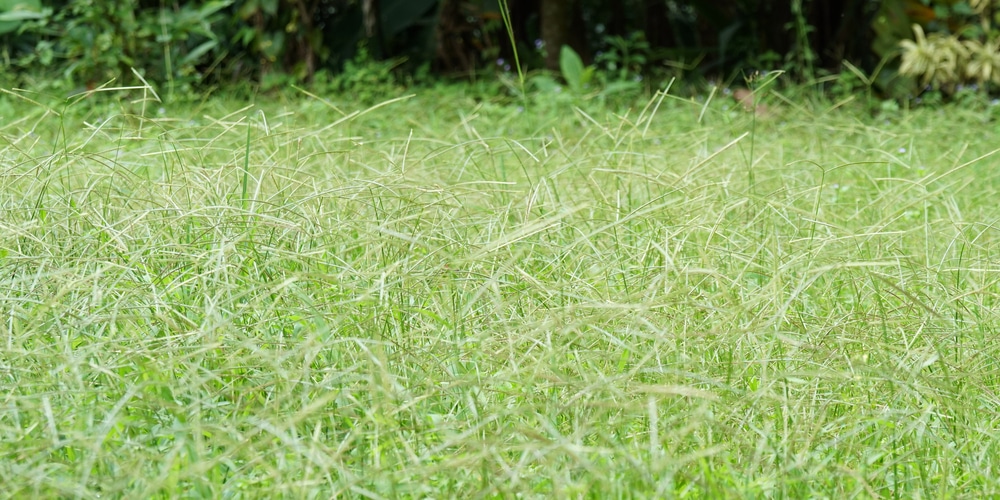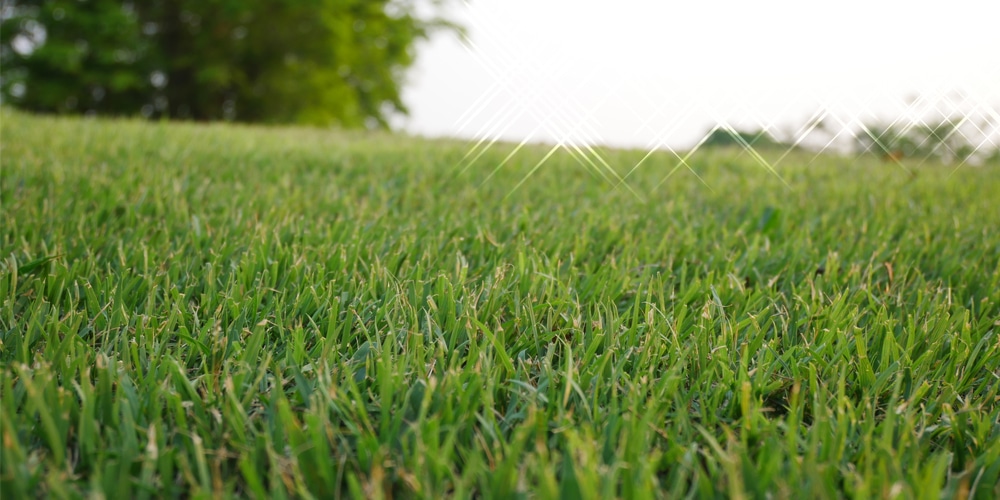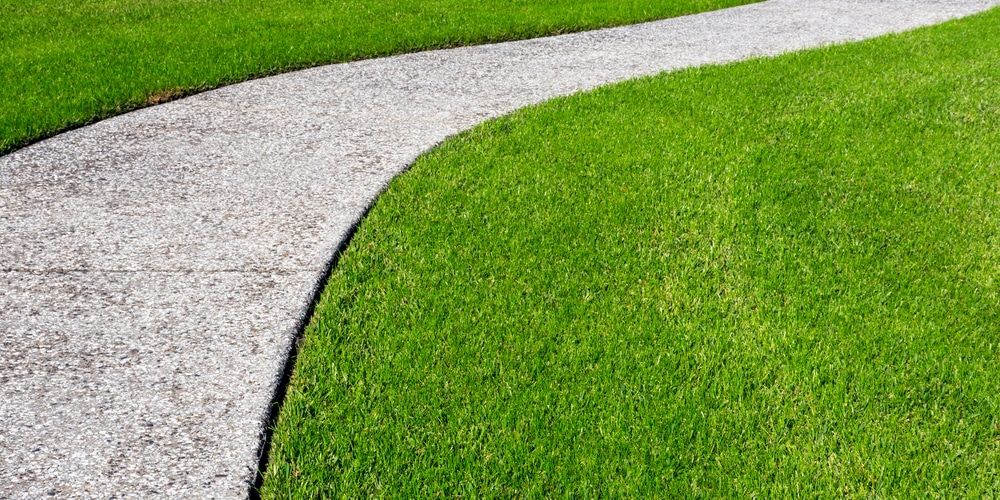Two of the most popular grass choices are paspalum grass and Bermuda grass. Let’s look at the differences and similarities of Paspalum grass vs Bermuda to help you make a decision about which to grow.
Many different types of grasses can be used to create a beautiful lawn. Homeowners are often confused about what kind of grass seed or sod to go for, and this isn’t a decision that you should make lightly. You’ll need to consider the climate and growing conditions before making a choice.
Paspalum grass vs Bermuda Compared
Paspalum grass and Bermuda are fairly similar varieties of grass, but there are some obvious differences. Both of these grasses have their own unique benefits and drawbacks, so it is important to understand the differences before deciding.
What is Paspalum grass?

Paspalum grass is a warm-season grass that is native to South America and is commonly referred to as saltwater couch, silt grass, or swamp couch. It is high-quality grass that is used for both residential and commercial lawns.
Paspalum grass requires full sun and well-drained soil. It’s fairly drought tolerant as it grows in tropical and subtropical areas across the world. It does not require as much watering as other grasses. Paspalum grass also has a higher tolerance for extreme temperatures, making it perfect for hotter climates.
Benefits of Paspalum Grass
Paspalum grass has many benefits, including the following:
- Drought tolerant and does not require as much watering as other grasses.
- It has a higher tolerance for extreme temperatures, making it perfect for hotter climates.
- A high-quality grass that is used for both residential and commercial lawns.
Drawbacks of Paspalum Grass
- Paspalum grass is used to tropical weather and may not grow well in colder climates.
What is Bermuda grass?

Bermuda grass is also a warm-season perennial grass that originates from Africa and the Middle East and is commonly grown across the states. It has several different species, which are used in residential and commercial lawns and pastures. These grass varieties have an attractive bluish-green color and a soft texture.
Bermuda grass is often referred to as “lazy lawn grass” because it is a low-maintenance grass that’s pretty hardy and doesn’t need to be mowed often. Bermuda grass requires full sun and well-drained soil. It is drought tolerant and can withstand temperatures up to 100 degrees Fahrenheit.
Bermuda grass is an excellent choice if you have children and pets as it can cope with high levels of traffic and resist wear and tear. The grass can also repair damage and fill in gaps as it can grow sideways by putting out rhizomes. It’s also a dense grass that can crowd out weeds and is fairly pest resistant.
Benefits of Bermuda Grass
Bermuda grass also has many benefits, including the following:
- A low-maintenance grass that does not need to be mowed often.
- Great for areas with full or partial sun and well-drained soil.
- Drought tolerant and able to withstand hot temperatures.
- Fairly pest-resistant
- Can repair itself.
- Great for families with pets and children
Drawbacks of Bermuda Grass
- One drawback of Bermuda grass is that it can creep onto paths and patios as it can spread sideways.
- Another disadvantage is that Bermuda may not grow well in colder climates.
Which is better?: Paspalum Grass vs. Bermuda

Ultimately, the decision of which grass is better depends on the individual’s needs and preferences. Paspalum grass and Bermuda grass both have their own benefits and drawbacks, so it is important to consider which factors are most important before making a decision.
Before choosing a turfgrass for your yard, there are many things to consider:
- The climate and weather where you live.
- Levels of foot traffic in your yard
- Is your yard in the full sun, partial shade or full shade
- How much maintenance you are willing to do
Conclusion
If you need a low-maintenance grass that does not need to be mowed or watered often, Bermuda grass is a good option. If you live in a hotter climate and are looking for a drought-tolerant grass, paspalum grass is a good choice as its native to tropical and subtropical areas of South America.